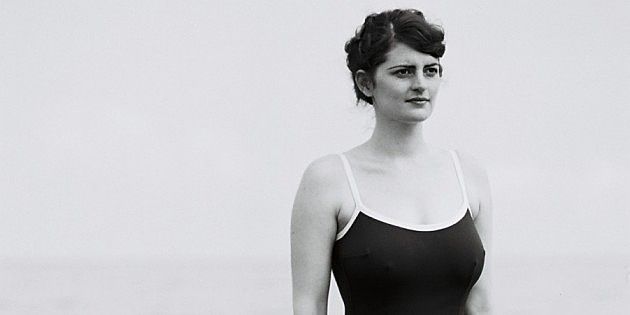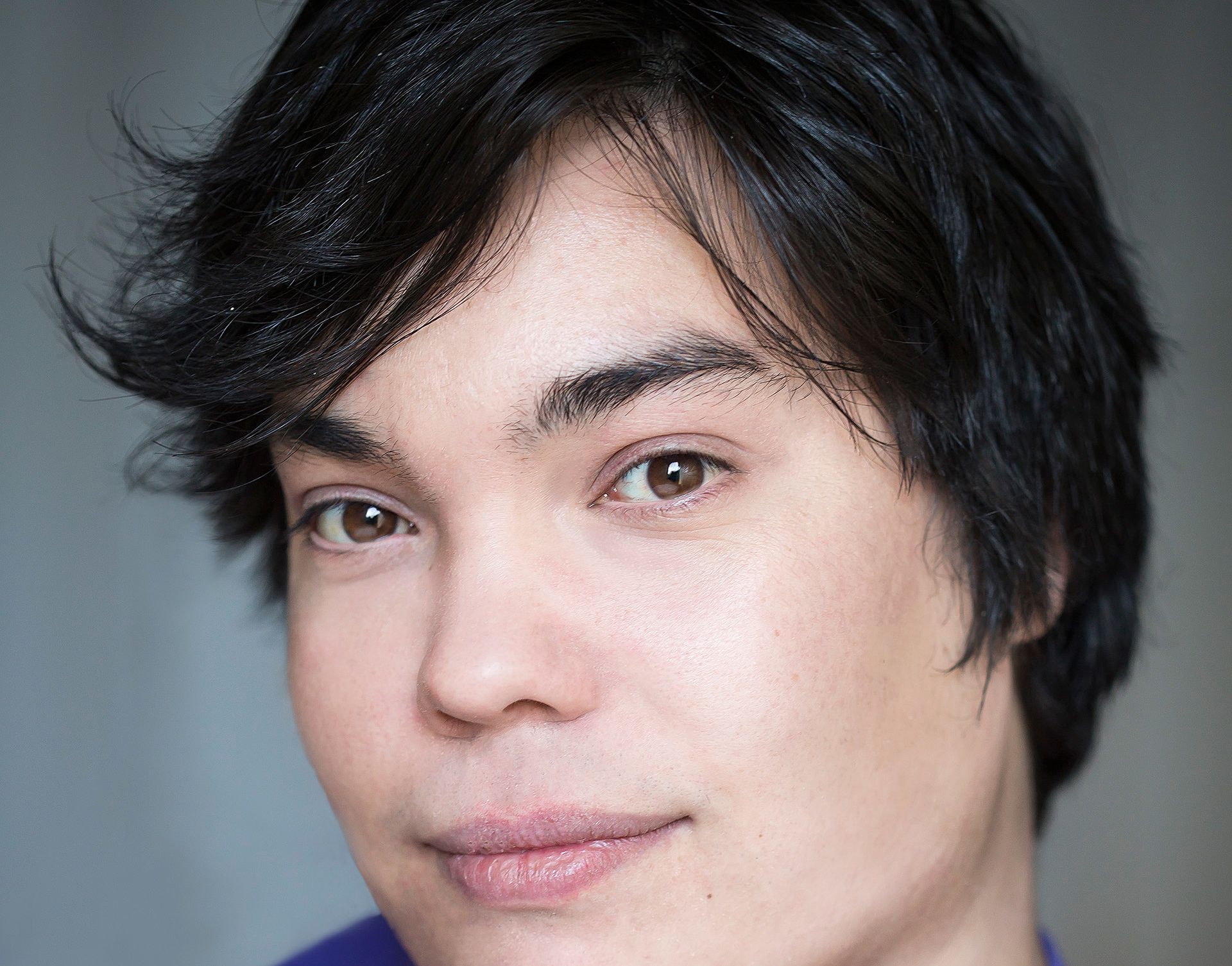Review: Waves
Waves offers two experiences - one enhanced with the programme, and one that takes place without it - and that’s not necessarily a good thing.
Waves offers two experiences - one enhanced with the programme, and one that takes place without it - and that’s not necessarily a good thing.
Warmth is a strange emotion to elicit from an audience. It suggests comfort, goodness and a lack of challenge. Waves is a show that elicits a tremendous amount of warmth from the audience, with all the strengths and flaws that implies.
This solo show by Alice Mary Cooper tells the ‘unofficial history of the invention of the butterfly stroke’. Cooper recounts when she met Elizabeth Moncello, a ninety-five year old Australian woman in an Edinburgh rest home, who proceeded to tell her stories about her life.
It is a perfectly pleasant story, and it is very easily digested; we hear about her tragic loss of Moncello’s little brother in a drowning accident, and her subsequent efforts to learn how to swim. Alice Mary Cooper is anengaging performer, and her performance is just the right kind of exaggerated to keep us interested in what is, by itself, not a hugely compelling story. There’s nothing explicitly wrong with the story, but there’s not a lot of depth, thematic or otherwise, to hang onto.
In that way, it feels like a story we might hear in real life. It doesn’t have the kind of writerly construction or thought behind it, not everything has to mean something and we don’t expect a tight structure. Where Waves hits a snag though, is that it is explicitly not a real story.
This is, in itself, not a bad thing. We’re given fictional stories all the time and digest them all the time. Where Waves gets into murky territory is presenting a story as a real story and then telling us, in the programme, quite explicitly that it is a work of fiction.
In her programme note, Alice Mary Cooper discusses the origins of the show, it started as a short story written for Jean Marie. It came from an interest in making a work that “paid homage to pioneering female swimmers of the early 1900s”. Cooper also felt that too many women of a certain age disappeared without a trace and even though Elizabeth “may not have existed I am certain incredible people like her did, but were not recorded by history’s grand narrative.”
She finishes her note by saying: "There is always more than one history, particularly when it comes to inventions."
These are fascinating things to discuss. The idea that there is another history different from the one we’ve been sold and taught is one with a huge amount of currency, and the same can be said for women of a certain age disappearing without a trace from history. These are weighty ideas that can definitely fill a show.
The problem is that Waves doesn’t layer these themes into the story. Throughout the entire thing, we’re never asked to think deeper about the story we’re watching, or to think about the meaning behind it. It’s not until the very last line of the show that the idea that this isn’t a ‘real story’ is planted in our heads.
What does Waves does elicit, and generate, is an almost deceiving warmth towards the show, and Cooper as performer. Even the most questioning parts of my brain turned off, even the parts that know about the history of swimming and therefore know that the show is fudging a few things, namely the history of the butterfly stroke, and it’s in this fact that the strongest asset of the show becomes it biggest liability.
What Waves doesn’t elicit is thought, at least in performance. Cooper’s programme note does, and it provoked more thought about the show than the text did, which is a troubling thing. As an audience we’re constantly asked to bring our own context and frame of reference to a show, but it shouldn’t be required that we read a provided programme to understand a show and where it’s coming from fully.
Waves runs as part of the
Auckland Arts Festival
from Wednesday 09 - Saturday 18 March
For tickets and more information, go here.

